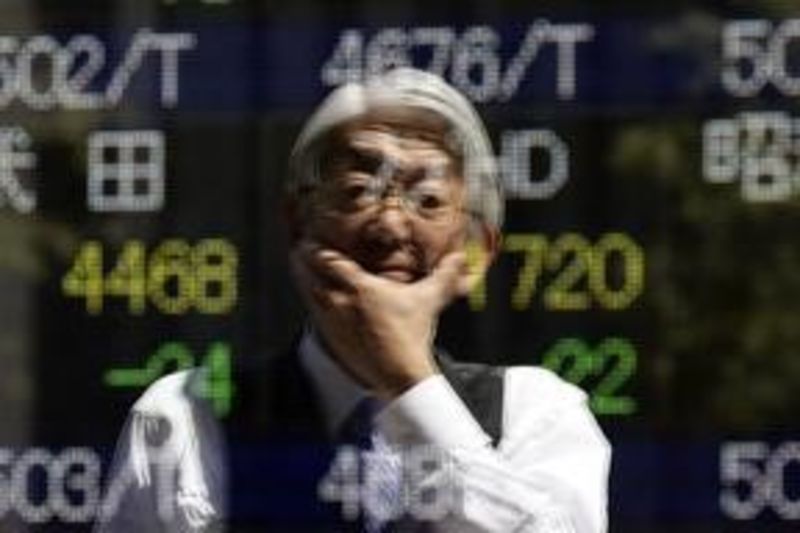Investing.com - Asian markets traded higher in morning trade on Thursday as U.S. stocks closed higher amid strong quarterly earnings from major banks.
China’s Shanghai Composite and the Shenzhen Component were up 0.5% and 0.1% respectively by 11:04 PM ET (04:04 GMT). Hong Kong’s Hang Seng Index rose 0.4%.
On Wednesday, the People’s Bank of China injected CNY 560 billion into the country’s banking system.
The central bank said in a statement on its website that the total liquidity of the banking system is “declining rather quickly” as it was the “peak of the tax period.”
The Chinese officials also announced tax cuts to support small businesses and public spending.
The moves came after China reported weaker-than-expected export and PMI data earlier this month.
"We haven't seen this degree of jobs weakness since the (stock) market panic of Q1 2016," Leland Miller, chief executive officer of China Beige Book, said in a Reuters report.
"In Q4 employment growth weakened across every major sector, with the 'new economy' — retail and services — seeing the most substantial deterioration," Miller said. "To call it broad-based is an understatement: job growth slowed in every region we track except the Northeast."
Meanwhile, Huawei Technologies was in focus on Thursday after a group of U.S. lawmakers introduced bills to ban the sale of U.S. chips to the company.
Citing people familiar with the matter, the Wall Street Journal reported earlier in the day that federal prosecutors were investigating allegations that Huawei stole trade secrets from U.S. business partners.
Elsewhere, Japan’s Nikkei 225 slipped 0.1%, while South Korea’s KOSPI gained 0.3%.
Down under, Australia’s ASX 200 also rose 0.3%.
In the U.K., Prime Minister Theresa May won a confidence vote overnight as expected.
On Tuesday, the House of Commons voted 432 versus 202 against her Brexit Deal. While the defeat itself was widely expected by investors, the margin of the loss came at a surprise.
If nothing is approved by March 29, Britain would make a “no-deal” departure from the bloc, which could pose dire economic risks.
